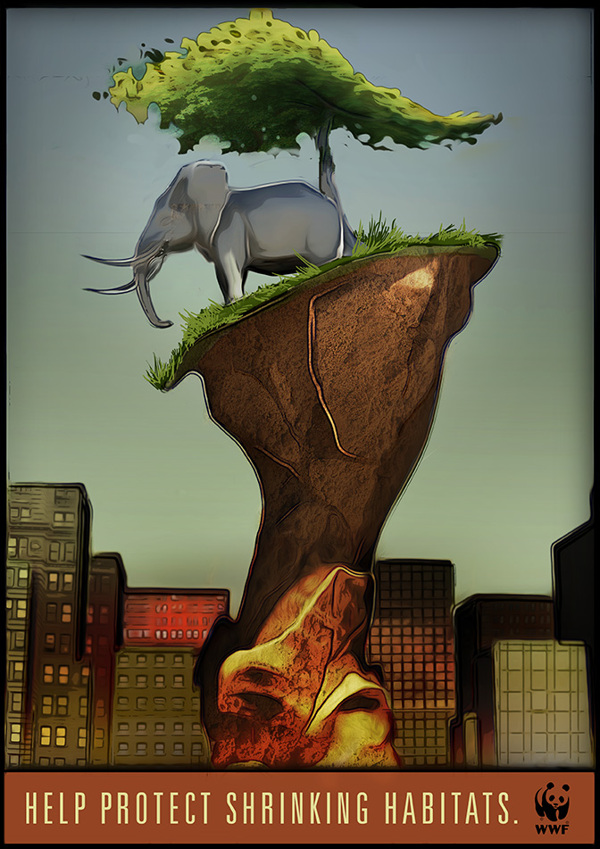An extensive study of global habitat fragmentation – the division of habitats into smaller and more isolated patches – points to major trouble for a number of the world’s ecosystems and the plants and animals living in them.
The study shows that 70 percent of existing forest lands are within a half-mile of the forest edge, where encroaching urban, suburban or agricultural influences can cause any number of harmful effects – like the losses of plants and animals.
The study also tracks seven major experiments on five continents that examine habitat fragmentation and finds that fragmented habitats reduce the diversity of plants and animals by 13 to 75 percent, with the largest negative effects found in the smallest and most isolated fragments of habitat.
The study, led by a researcher from North Carolina State University and involving about two dozen researchers across the globe, is reported today in a paper published in Science Advances.
The researchers assembled a map of global forest cover and found very few forest lands unencumbered by some type of human development.
“It’s no secret that the world’s forests are shrinking, so this study asked about the effects of this habitat loss and fragmentation on the remaining forests,” said Dr. Nick Haddad, William Neal Reynolds Distinguished Professor of Biological Sciences at NC State and the corresponding author of the paper.

